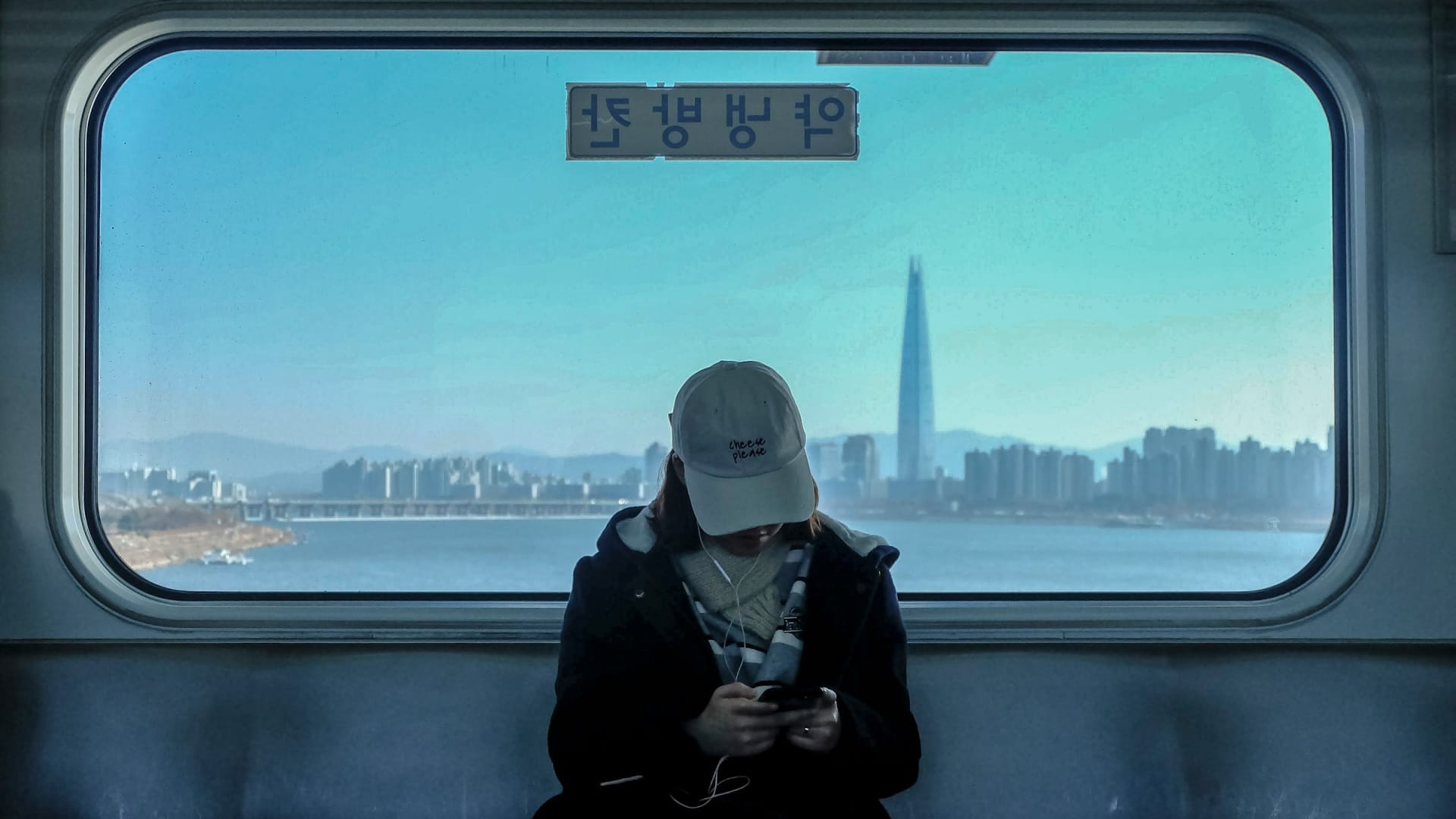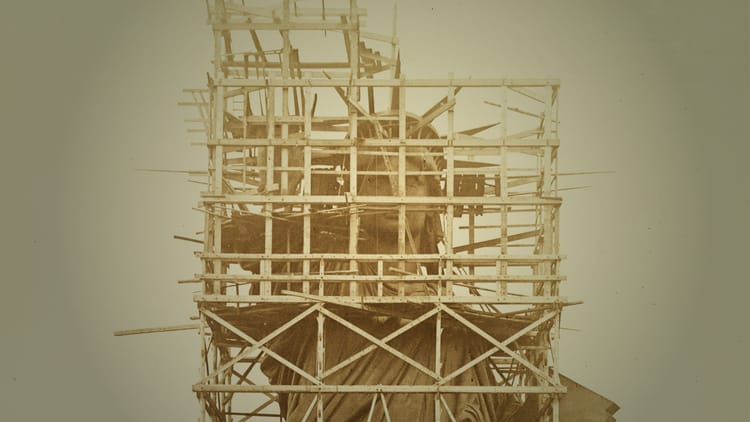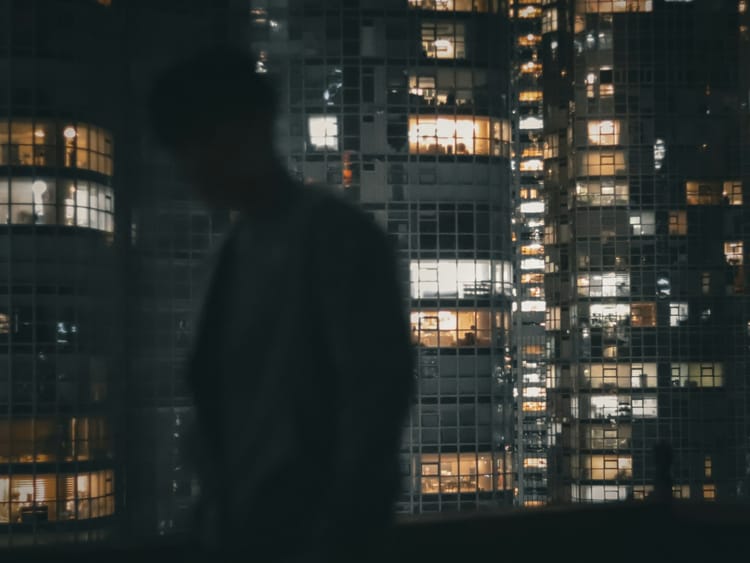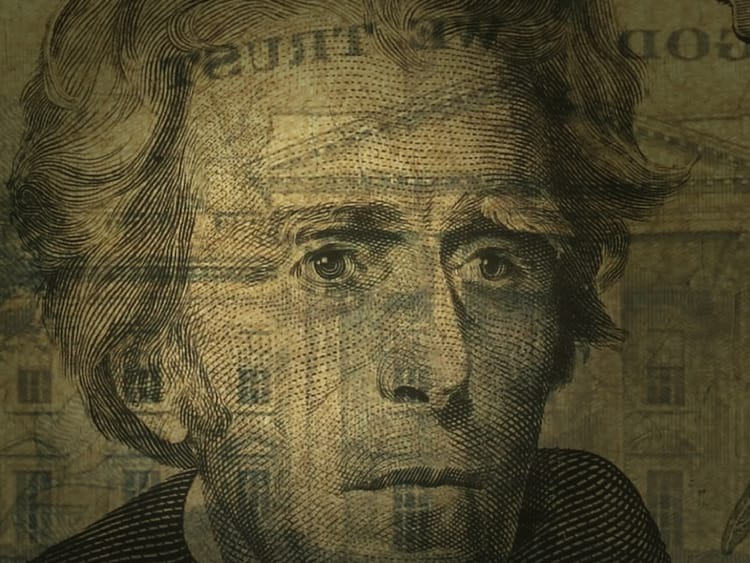Crisis in Seoul

Around 10:30 p.m. local time on December 3, South Korean President Yoon Suk Yeol declared martial law in the country, disbanding the National Assembly and prohibiting all political gatherings—and shocking nearly everyone at home and abroad. Soldiers tried to block deputies from getting inside the legislature, but within three hours enough lawmakers had broken through—and scaled the building’s walls—to unanimously pass a motion lifting martial law. Some deputies of Yoon’s conservative People Power Party (PPP) voted against his declaration. Before dawn that morning, Yoon backed down, rescinding his declaration.
Yet the crisis escalated after the National Assembly, controlled by the opposition Democratic Party (DPK), impeached Yoon on December 14, voting to open an investigation into whether the president had committed insurrection and treason. Despite being summoned three times for questioning, Yoon barricaded himself in the presidential residence and refused to surrender. Authorities issued an arrest warrant for Yoon, but the presidential security service turned back a police raid to detain Yoon. On January 15, police used wire cutters and ladders to break through the fortifications surrounding the residence and finally took Yoon into custody.
The political standoff turned violent after Yoon’s arrest. On January 18, during his first court appearance, more than 20 of his supporters unlawfully entered the courthouse, assaulting police officers and journalists. Forty people were arrested. That night, about 50 more of his backers broke into the courthouse, clashed with police, vandalized offices throughout the building, and tried to light the courthouse on fire.
These dramatic events appear to have worsened the country’s political polarization. About three-quarters of South Koreans continue to reject Yoon’s declaration of martial law and approve of his impeachment—but public opinion splits along sharp, partisan lines on the question of whether Yoon committed any crimes. And hundreds of thousands of supporters of the PPP and the DPK have regularly turned up for demonstrations either for or against Yoon. Just how well is South Korea’s democracy holding up?
Stephan Haggard is the director emeritus of the Korea-Pacific Program at the University of California San Diego and research director for global governance at the University of California Institute for Global Conflict and Cooperation. Haggard says the status of the country’s democracy is uncertain—and largely depends on how you end up defining democracy.
From one perspective, the country’s institutions have held up well since Yoon’s attempted power grab. The National Assembly checked the power of the executive, the independent judiciary investigated the president, and the military didn’t take sides. But if you judge the health of a democracy by measures like political polarization, respect for political rivals, and rejection of political violence, then South Korea’s democracy looks a lot more unstable. And historically, countries that have experienced a breakdown in democracy were often polarized in just the way that South Korea is today …
Michael Bluhm: President Yoon says he declared martial law to prevent threats to the country’s democratic system and to force striking medical workers to return to work. The opposition says it was an attempted coup—seizing all power in the country by getting rid of the National Assembly, which is controlled by the opposition. What would you say we know and don’t know about why Yoon did this?






